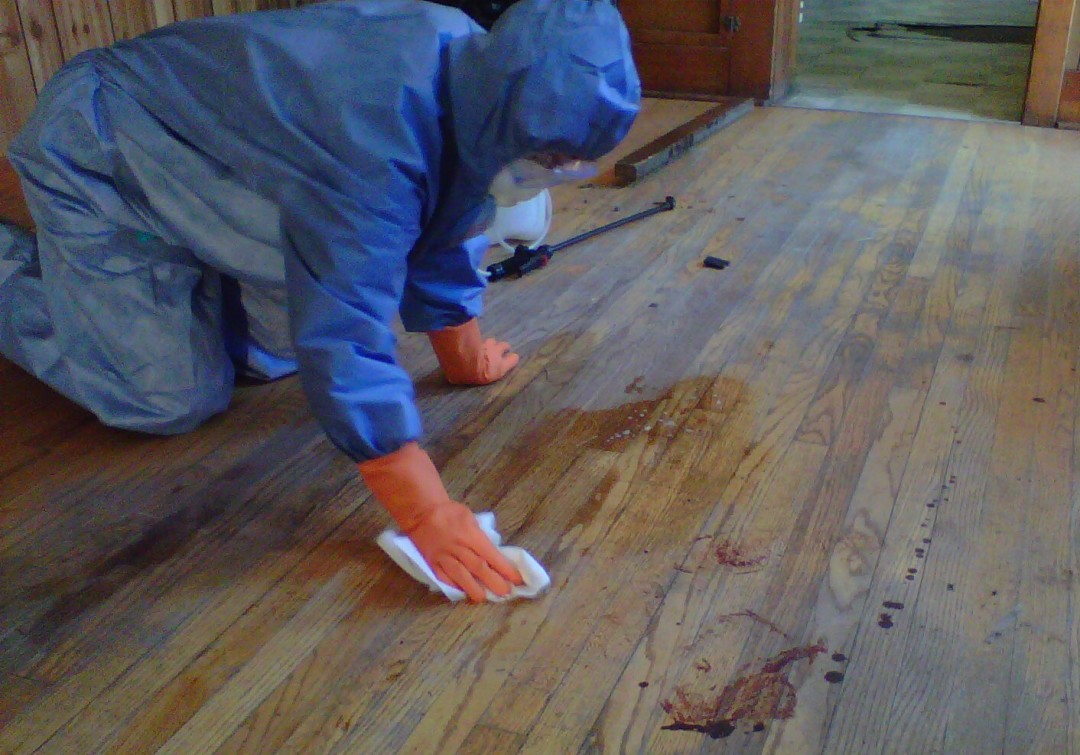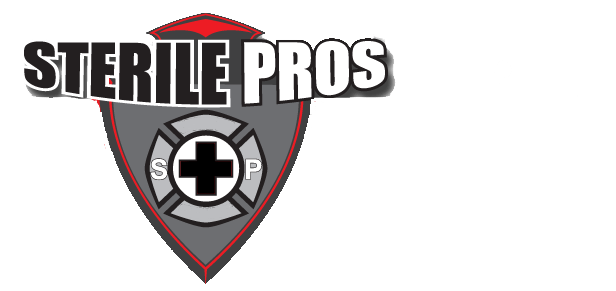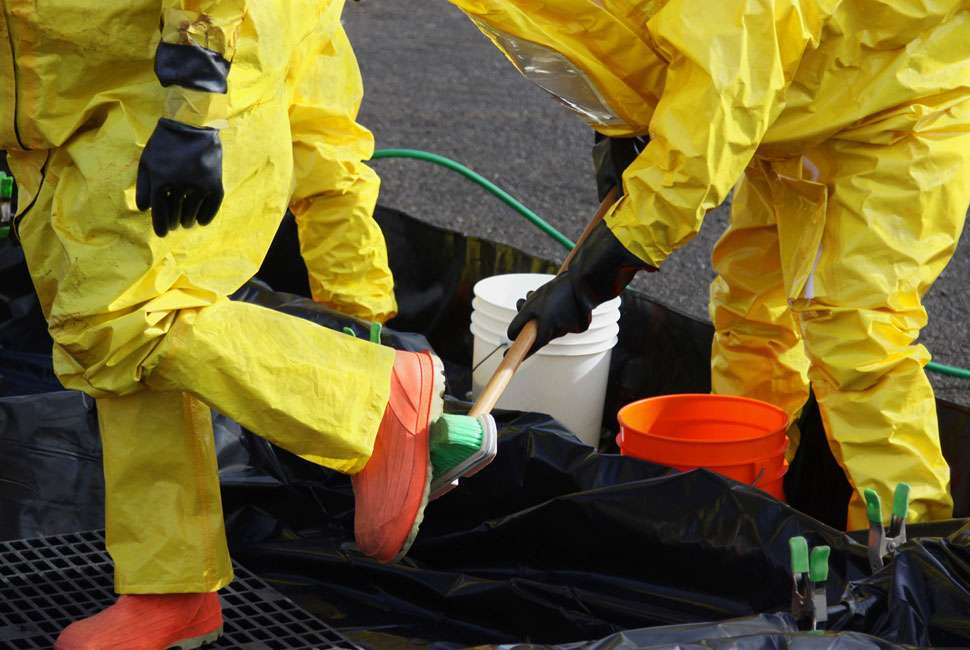Unattended Death Cleanup: How to Handle a Difficult Situation

Discovering an unattended death is an overwhelming experience. Beyond the emotional impact, the environment often becomes unsafe due to biological hazards. Families and property owners are left asking what to do next. This page explains what unattended death cleanup involves, why professional help is necessary, and how laws and regulations affect the process.
What Is an Unattended Death?
An unattended death occurs when someone passes away and the body is not found right away. In some cases, it may take days or even weeks before discovery. During that time, natural decomposition releases strong odors, biological fluids, and harmful bacteria.
These conditions make the space unsafe to enter or live in. Without professional remediation, risks continue to grow.
Why Professional Cleanup Matters
Cleaning after an unattended death is not like ordinary housekeeping. It involves biohazards that can carry bloodborne pathogens, bacteria, and viruses. Attempting to clean without proper training and protective equipment can spread contamination and create long-term health risks.
Professional cleanup ensures:
- Removal of all biological materials
- Complete disinfection of affected areas
- Odor elimination with specialized equipment
- Legal disposal of biohazard waste
- Restoration of the property to a safe, habitable condition
Legal and Regulatory Requirements
Unattended death cleanup is also governed by health and safety laws. Regulations vary by state and local jurisdiction, but some common requirements include:
- Health and safety codes: Many states classify decomposition materials as biohazard waste, which must be removed and disposed of by licensed professionals.
- Biohazard waste disposal laws: Contaminated items like carpet, bedding, or personal belongings often require transport and disposal through certified facilities.
- Public health ordinances: Properties may need to be cleared by inspectors before they can be rented, sold, or reoccupied.
- Landlord–tenant rules: In some cases, landlords may have legal obligations to restore rental properties to a safe condition.
Professional cleanup companies like Sterile Pros follow all applicable laws to protect property owners from fines, liability, or additional stress.
The Cleanup Process
Every unattended death is unique, but cleanup typically follows several steps:
- Assessment – Inspect the site, determine the scope of contamination, and create a plan.
- Containment – Seal off the affected areas to prevent cross-contamination.
- Removal – Safely remove biohazards, porous materials, and any impacted items.
- Cleaning and Disinfection – Apply hospital-grade disinfectants to eliminate pathogens.
- Odor Treatment – Use ozone treatment or air filtration systems to remove lingering odors.
- Restoration – Return the property to a condition that is safe and habitable.
The Emotional Challenges
In addition to health and safety concerns, unattended deaths are emotionally difficult. Families often face shock, grief, and trauma. Attempting cleanup personally can worsen the emotional toll. Choosing a professional service allows families to focus on healing while experts handle the remediation.
At Sterile Pros, our technicians provide discreet, compassionate service, ensuring respect for both the deceased and the family.
Who Needs This Service
Unattended death cleanup may be required in:
Private homes and apartments
Rental properties and hotels
Vehicles where death occurred
Businesses or workplaces
Property owners, landlords, managers, or families often need certified professionals to make the space safe again.
Why Choose Sterile Pros
- Available 24/7 for emergency response
- Licensed, insured, and trained biohazard specialists
- Full compliance with state and local regulations
- Discreet and compassionate service
- Proven track record in sensitive, complex cleanups
If you are dealing with the aftermath of an unattended death, call Sterile Pros at (800) BIO-CREW.
We restore safety, meet legal requirements, and help families through one of life’s hardest moments.
Services
Service Areas

